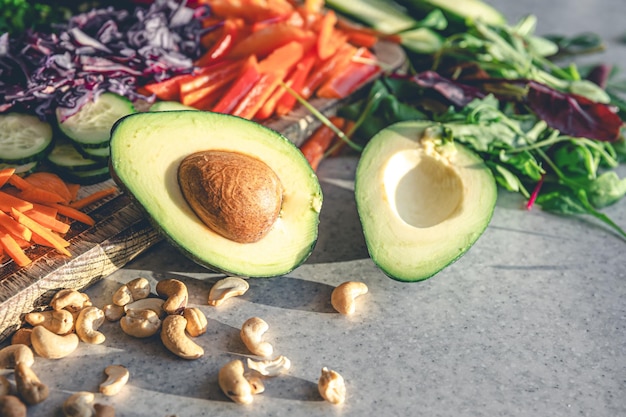Palm oil is one of the most widely used vegetable oils in the world, found in everything from baked goods and snacks to cosmetics and cleaning products. But as its presence in our pantries grows, so do concerns about its impact on health. Is palm oil a dietary villain, or is the story more complex? Let’s explore the science behind palm oil and its effects on heart health, cholesterol, and overall well-being.
Palm oil is derived from the fruit of the oil palm tree, primarily grown in tropical regions like Indonesia and Malaysia. Unlike many vegetable oils, it remains semi-solid at room temperature, making it ideal for processed foods that require a stable, spreadable fat. It’s also inexpensive and highly efficient to produce, contributing to its widespread use.

One of the biggest concerns about palm oil is its high saturated fat content—about 50%, which is significantly more than oils like olive or canola. Saturated fats are known to raise LDL ("bad") cholesterol levels, a key risk factor for heart disease.
According to health experts, regularly consuming large amounts of saturated fats, including those from palm oil, may increase inflammation and contribute to atherosclerosis—the buildup of plaque in arteries. This has led some researchers and health organizations to caution against excessive intake.
Despite concerns, the scientific picture isn’t entirely black and white. Some studies suggest that palm oil may not be as harmful as once thought—especially when compared to trans fats, which it often replaces in processed foods.
Palm oil contains both saturated and unsaturated fats, along with antioxidants like vitamin E (particularly tocotrienols), which may offer protective effects for the brain and cardiovascular system. Some research indicates these compounds could help reduce oxidative stress and support cognitive health.
However, the overall health benefit depends heavily on the form and quantity consumed. Unrefined red palm oil retains more nutrients, while the refined version common in packaged foods does not.

A study highlighted by NBC News and STAT suggests that the palm oil industry may have influenced research to downplay health risks—similar to tactics historically used by tobacco and alcohol industries. Meanwhile, consumer labels like "No Palm Oil" are criticized by trade groups as marketing ploys rather than science-based health claims. This tug-of-war leaves consumers questioning whom to trust.
Palm oil isn’t inherently toxic, but its high saturated fat content warrants caution—especially in diets already rich in processed foods. While it may be a better alternative to trans fats, it shouldn’t be considered a health food. As with many dietary fats, moderation and context matter most.
Staying informed and mindful of ingredient labels can help you make choices that support long-term heart and metabolic health.

Health

Health

Health

Health

Health

Health

Health

Health

Health

Health

Health

Fitness

Health

Fitness

Health

Health